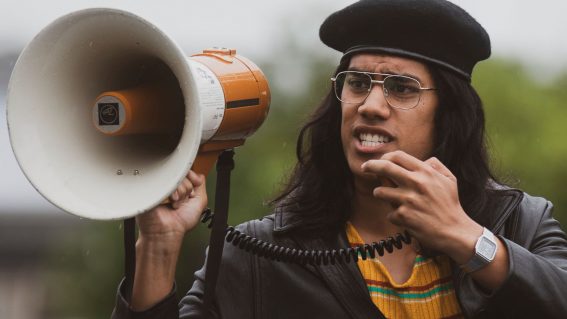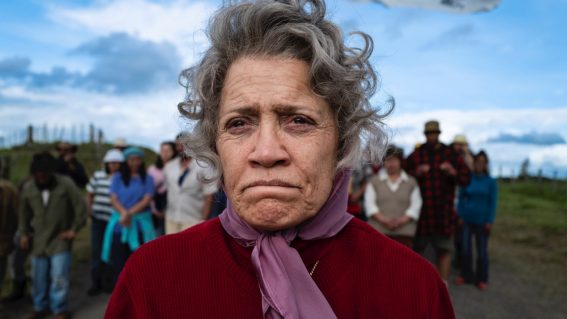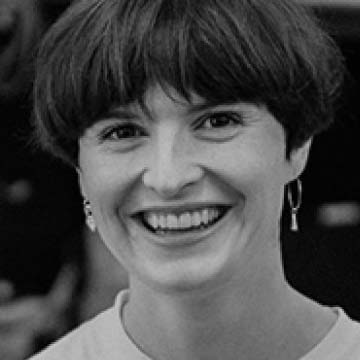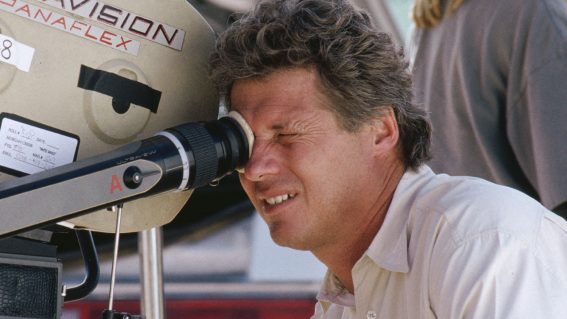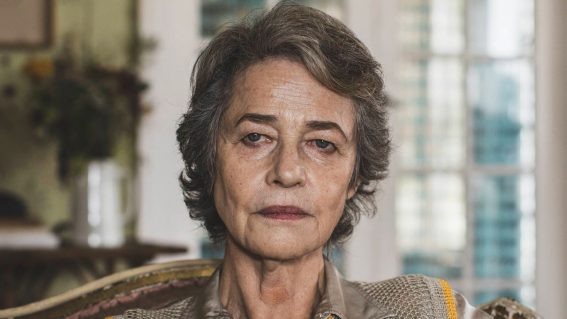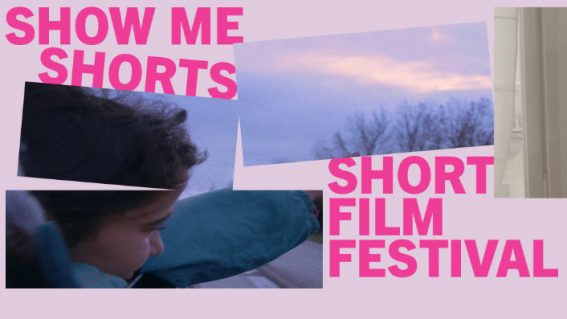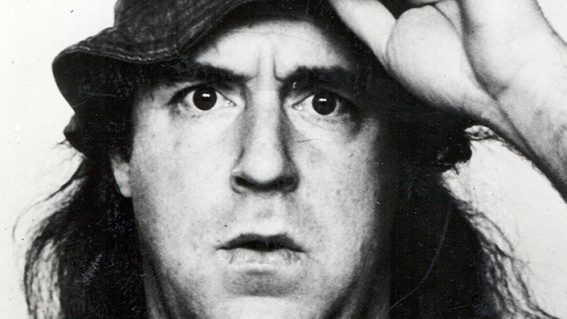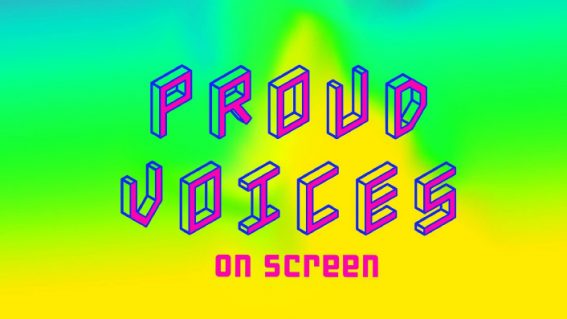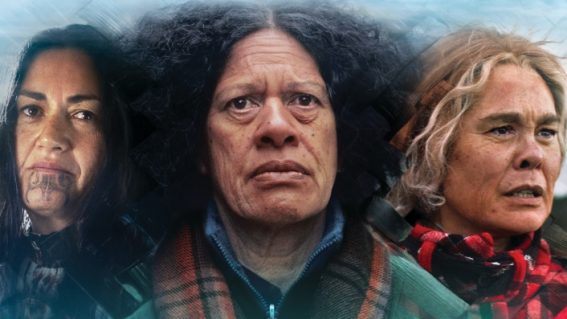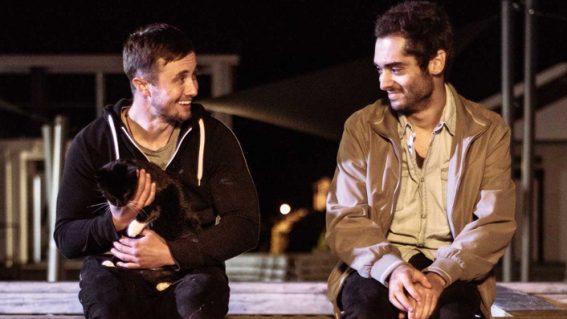Remembering Forgotten Silver, the Kiwi classic that Catfished the world
“Forgotten Silver actually brought home to me how important it is to tell the truth,” writes co-director Costa Botes.
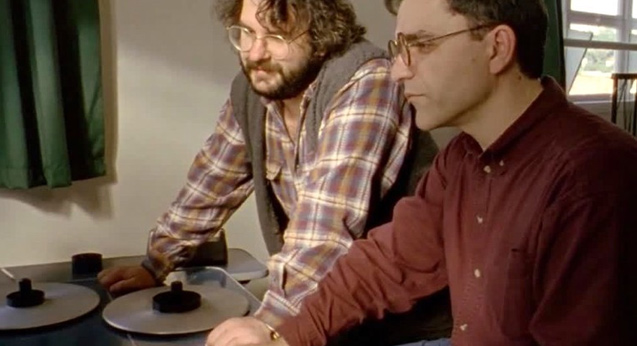
Forgotten Silver is a 1995 Kiwi mockumentary exploring the life and career of fictional, pioneering filmmaker Colin McKenzie. Costa Botes and Peter Jackson took home Best Director at the 1996 New Zealand Film and TV awards, doing such a convincing job telling their against-the-odds story that many believed the film to be an actual documentary.
Botes, who handled the ‘documentary’ parts of the film, went on to helm real documentaries like Daytime Tiger, The Last Dogs of Winter, and 2015’s Act of Kindness. His latest film, Angie, will make its world premiere at the 2018 New Zealand International Film Festival.
We talked to Botes about his experience making and releasing Forgotten Silver.
FLICKS: What inspired you to make a hoax documentary?
COSTA BOTES: In my teens, I’d seen and enjoyed the infamous Country Calendar spoofs. I loved the idea that the medium could be so playful.
In 1977, I saw a British TV documentary called Alternative 3. Very serious, very portentous, with broody atmospheric music by Brian Eno. It purported to unravel a shocking mystery involving the disappearance of numerous international space scientists. Halfway through, tortured between credulity and doubt, I finally noticed the date. April 1st. Aha! I settled down to watch the rest, laughing all the way.
That pretty much planted the seed. Years later, I started tooling around with a couple of ideas for documentary parodies. One involved the Kaikoura UFOs. The other was based on the notion of telling the life story of a pioneer Kiwi film-maker, recreating portions of his films. I ended up focusing on that, even though it seemed a mad enterprise. It just made me laugh. I could see the character clearly in my head and it wasn’t hard to dream up amusing events.
I wasn’t so much interested in creating a hoax, as I was in creating a story that was interesting and funny and different. At that time, the term ‘mockumentary’ still hadn’t been coined, but films like Spinal Tap and Woody Allen’s Zelig came along and helped show the way.
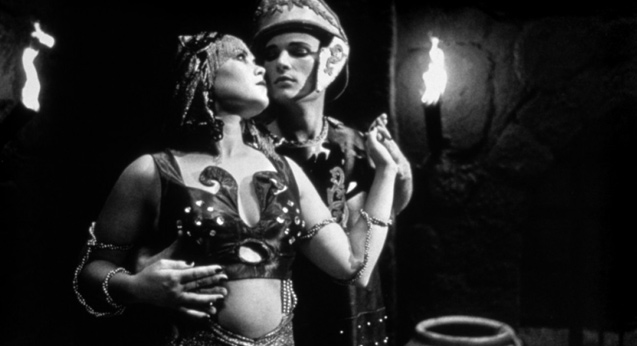
Was it always the intention to never reveal the fact that it was all made up?
I don’t remember even thinking about that. I just assumed that most people would rumble that their legs were being pulled after the first ten minutes. There are some very broad hints dropped right from the start. The film opens with Peter Jackson leading viewers down a garden path, and then things get rather silly quite quickly.
How easy or difficult was it for you to keep the secret when the film released?
This wasn’t at all difficult. Nobody cared. I think it’s different now for Peter Jackson, but it’s still the case that most Kiwi films operate well under the radar of popular interest. Our strategy of promoting the movie as a real documentary was born of lack of confidence. We wanted New Zealanders to make an effort to watch the thing. New Zealanders love to be told they’re extraordinary, so we exploited our extraordinary Kiwi hero to the hilt.
It worked, but it sure was a double-edged sword afterwards. We never expected the film to be taken at face value after it screened. People were actually taken in. That was a bit of a shock, to be honest. Suddenly, to be accused of hoaxing or fooling the nation? To be the subject of some considerable ire? That wasn’t very pleasant. It hurt the film too. TVNZ chickened out of a repeat screening. A bizarre, cowardly decision which made no sense to me.
Do you have many stories of viewers contacting you personally about the existence of Colin McKenzie?
I have heard various second-hand anecdotal accounts of this, but in my own experience, the most vivid was getting a call from an Arizona sheriff who had caught the film on some network in the USA, and then spent many months trying to track down a full copy of Colin McKenzie’s restored masterpiece, Salome. He was very deflated to learn that both Colin and his biblical epic were imaginary. But he was a good sport about it. He assured me that if I were ever to visit his town he probably wouldn’t throw me in jail.
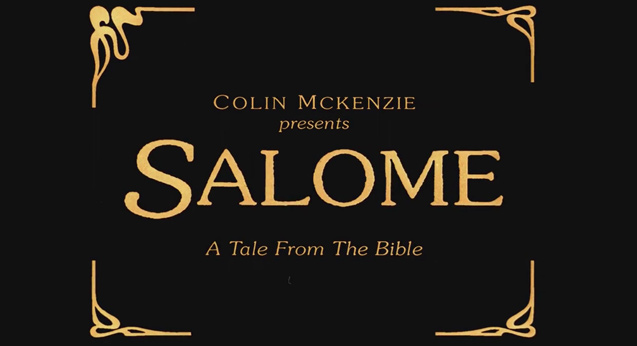
A descendant of Richard Pearse contacted the production office to thank us for finally proving that their Great Uncle flew. I felt bad about that.
Did making a faux documentary help you craft the real documentaries you made later on in your career?
Yes and no. Hard to answer this without sounding disingenuous. Forgotten Silver actually brought home to me how important it is to tell the truth. The film lies, yes, but in the service of inspiring some emotion and reflection about true things. It is a drama, not a documentary.
In hindsight, I regret presenting it as fact. It’s not hard to fool people, but that isn’t a particularly worthy aim.
I’m very happy that people are still talking about the film decades later. I think that’s because it’s a film that contains some truth, so it still speaks to people.
But my current work is nothing if not authentic. Yes, I am still making documentaries. Got one coming out mid-year. In some ways, I keep making the same film over and over. Pretty much everything I’ve done since Forgotten Silver has been about someone or other locked into a mad or obsessive pursuit. I like people who don’t give up on their passions.
This story is part of our month-long celebration of 40 years of NZ film. Follow all our daily coverage here.






